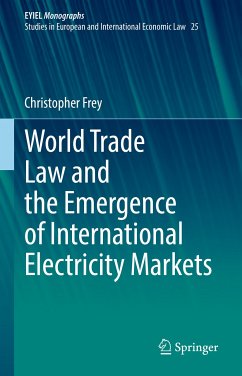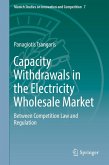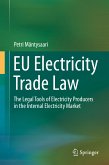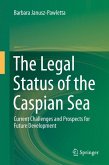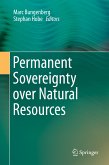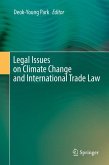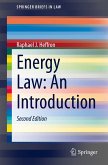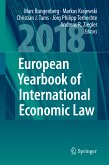Taking the technical and economic foundations as a starting point and thoroughly examining current developments on four continents, the book provides a global perspective on the state of the art in electricity market integration. in doing so, it focuses on the most relevant issues including transit of electricity, quantitative restrictions, market foreclosure and anti-competitive practices employed by the actors on electricity markets. In turn, thebook carefully analyzes the regulatory framework provided by the WTO Agreements, the Energy Charter Treaty and other relevant preferential trade agreements. In its closing section, it moves beyond the applicable legal architecture to make concrete proposals on the future design of global trade rules specifically tailored to the electricity sector, which could provide a more reliable and transparent framework for the multilateral regulation of electricity trade.
Dieser Download kann aus rechtlichen Gründen nur mit Rechnungsadresse in A, B, BG, CY, CZ, D, DK, EW, E, FIN, F, GR, HR, H, IRL, I, LT, L, LR, M, NL, PL, P, R, S, SLO, SK ausgeliefert werden.

